Arthur Boers in his book “Living Into Focus” (which we highly recommend) writes:
“Study after study shows that numerous daily realities contribute to declining happiness and growing depression:
-Commuting
-Watching television
-Spending time online
-Being cut off from nature
-Not having enough friendship
-Living out of sync with natural and biological rhythms
-Insufficient sleep
-Feeling distracted
No wonder so many people pursue better living through pharmaceuticals. Something’s not working. Labor-saving devices make us busier. The faster computers go, the more time we give to them. As highways and cars improve, we drive farther and vehicles become increasingly expensive. Email speeds communications but eats up greater amounts of time. With the ongoing invention of essential devices (even energy-efficient ones), we consume growing quantities of power. . . . . . Many of us sense that there’s something fundamentally awry with our pace of life. We impotently go through days filled with situations and circumstances and demands that feel as though they’re taking us off course, leaving us unbalanced, throwing our lives off kilter.”
In this fast paced, distracted world that we live in, how do we intentionally slow it down to be more present and fill our lives with things that replenish us? What are the activities and places that center, balance, focus, and orient your life? In the LifePlan process we guide a client to name their replenishment cycle, or the things that they need in a rhythmic way to be whole physically, intellectually, emotionally and spiritually.
May we always have the courage and will to fight against a life that is disconnected, disembodied, and disoriented.
